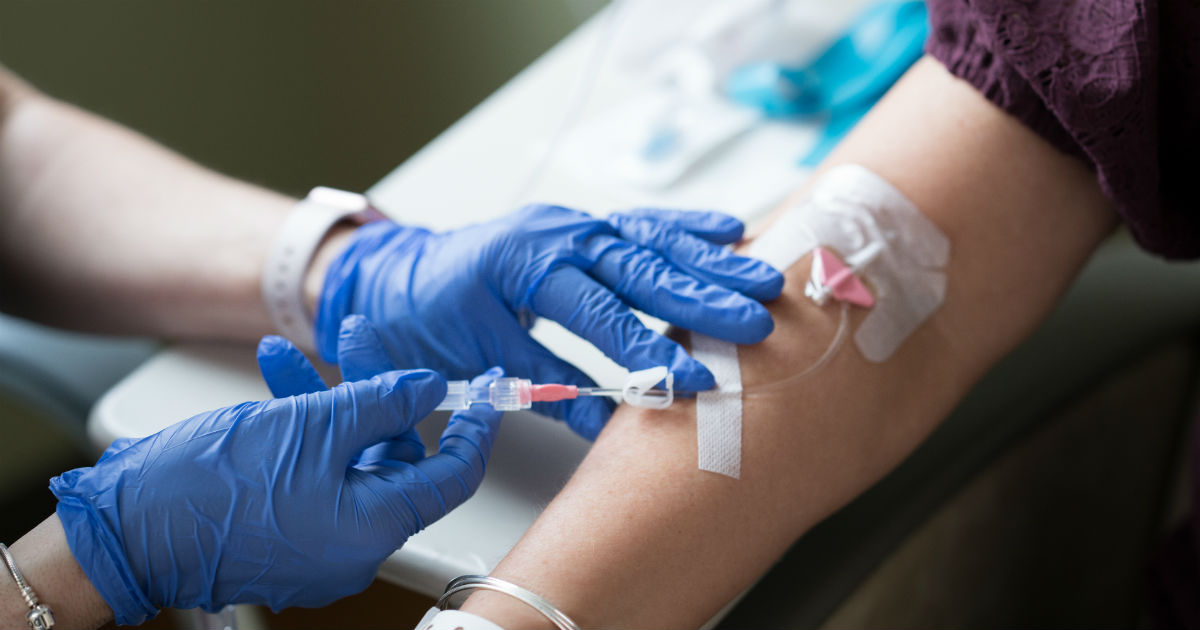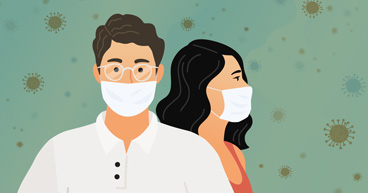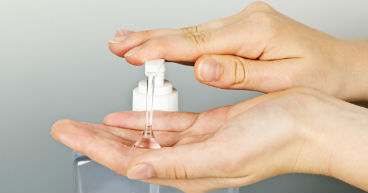
Cancer patients on chemotherapy often have to travel to a hospital, clinic or infusion center for regular treatments. But those concerned about exposure to the coronavirus may have another option: taking chemotherapy at home in pill or liquid form. Taking an oral medication instead of traveling to get an or injection or an infusion may seem like a good option for a cancer patient who is in isolation or trying to avoid going out, but realize there are some pitfalls.
“While there may be an oral option for systemic anti-cancer drug delivery in certain clinical situations, it is important that patients understand both differences in potential side effects as well as any specific financial implication for them resulting from a change from systemic to oral treatment,” says Maurie Markman, MD, President of Medicine & Science for Cancer Treatment Centers of America® (CTCA).
Here are some issues to consider:
- The chemotherapy required to treat your cancer may not be made in a pill or liquid oral dosage. Talk to your oncologist to see if your medication is available or whether switching to one is an option.
- Chemotherapy drugs may be very toxic, and your bodily fluids may be, too, after taking them. Some medications need to be stored carefully and may require you wear gloves while handling.
- Oral medications may cost more. Check on the cost of the medication and whether it’s covered by insurance.
- Some medications have strict instructions on when they need to be taken. Be honest with your doctor about whether you’re taking your drugs and are following instructions.
- Chemotherapy drugs differ in the side effects they may cause. Ask your oncologist if switching to a pill or liquid dose may increase side effects.
- Don’t skip your treatments. If you want to consider a switch from infusion to an oral chemotherapy, it’s important that you keep to a treatment schedule until that switch is made. Talk to your oncologist about how to transition from one drug to another.
The American Cancer Society offers these questions to ask your doctor if you are considering a switch to oral chemotherapy.
If you are in active treatment and are concerned about how the COVID-19 situation may impact your care, please contact your care team.
Learn more about being in isolation during the coronavirus crisis.



